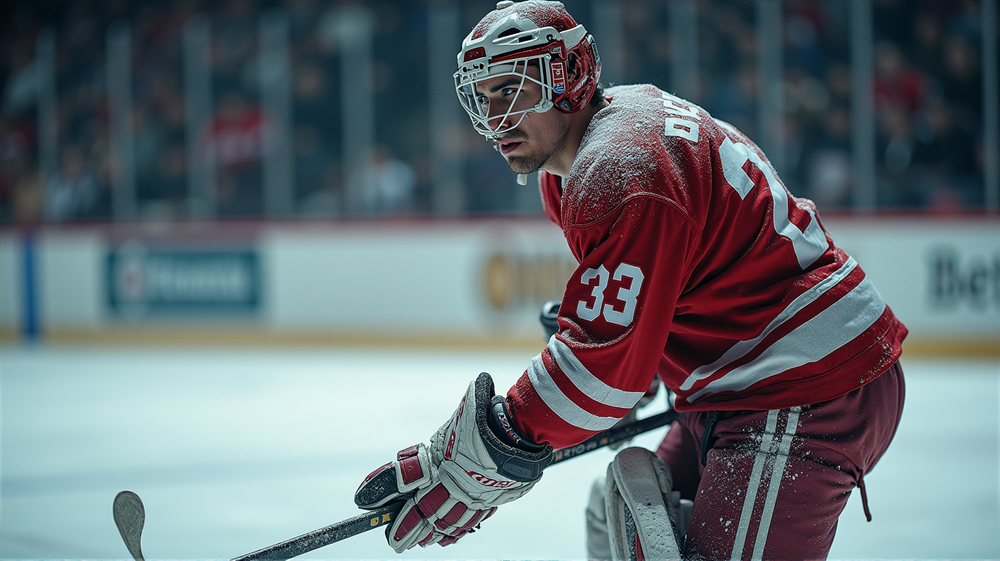NHL icon Dominik Hasek finds himself at the center of a political storm after alleging that Dmitry Medvedev, the former Russian President, threatened his life. This shocking revelation has heightened global awareness of the longstanding tensions between sports and politics.
Allegations Stir Global Sporting Community
In a bold move, Hasek took to social media platform X to share alarming messages he received, directly implicating Dmitry Medvedev. He has taken the necessary steps to alert top officials at the International Olympic Committee (IOC) and the International Ice Hockey Federation (IIHF), seeking an urgent response.
A Voice Against Russian Influence
Since the onset of the Ukraine conflict in 2022, Hasek has emerged as a vocal critic of Russian influence in international hockey, making him a pivotal figure in this ongoing geopolitical dialogue. As Russia’s efforts in international sports continue unabated, Hasek’s criticism has put a spotlight on controversial sports policies worldwide.
Medvedev’s Alleged Threat
Responding to Hasek’s persistent stance, Medvedev, now part of Russian security governance, allegedly made a chilling comment about Hasek, further fueling the debate. According to Times of India, the situation has drawn mixed reactions, with some dismissing the claims as exaggerations.
Resonance Across Nations
Despite facing sharp backlash from Russian officials and facing criticisms calling into question his mental health, Hasek remains steadfast. His determination to keep politics away from sports has resonated with supporters who argue for stricter regulations on Russian athletes worldwide.
Sporting Bodies at Crossroads
As the world scrutinizes the actions of sporting bodies like the NHL, especially concerning Russian players, the pivotal question remains: can sports remain unaffected by politics, or will it always be intertwined with global events? The IOC and IIHF now find themselves under increased pressure to navigate this complex landscape with decisiveness.
In a world where sport and politics inevitably intersect, Dominik Hasek’s situation echoes the urgent need for coherent sport governance that reflects broader international values and ethics.













